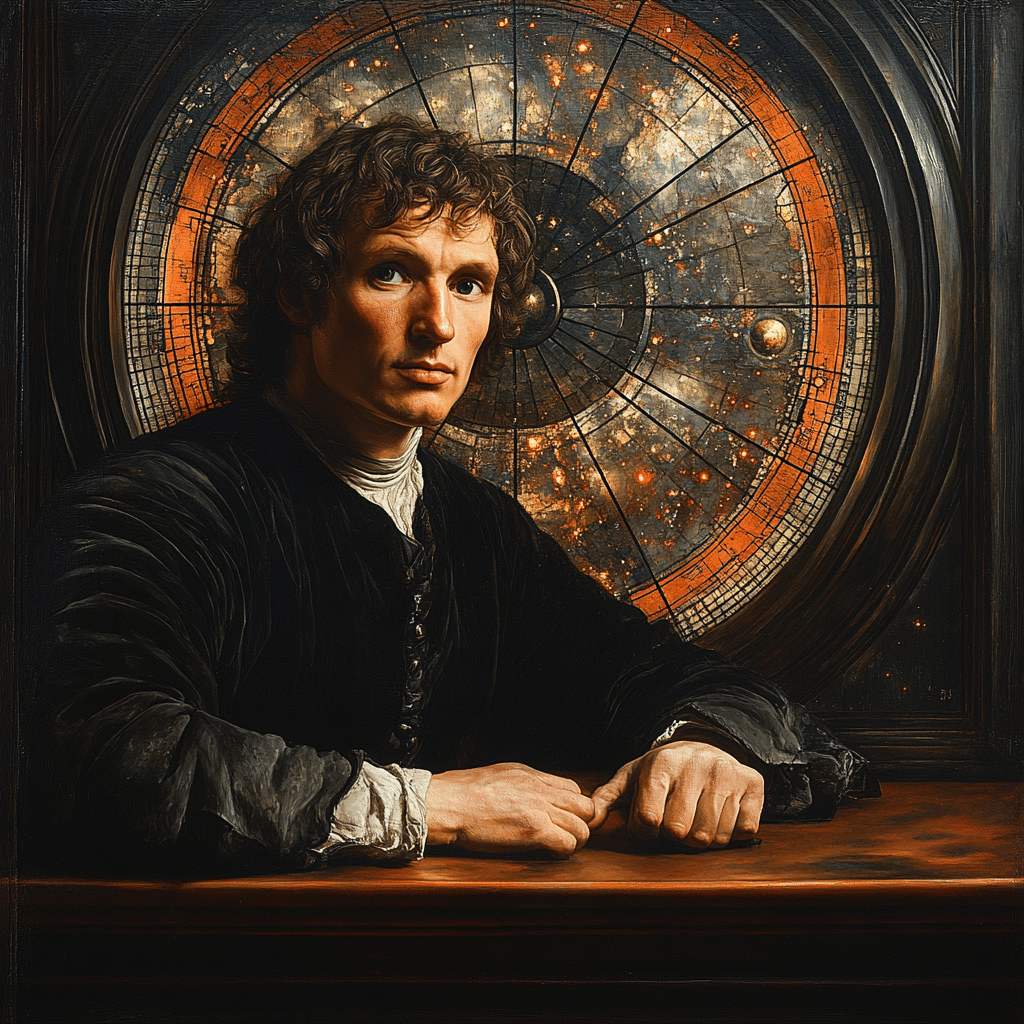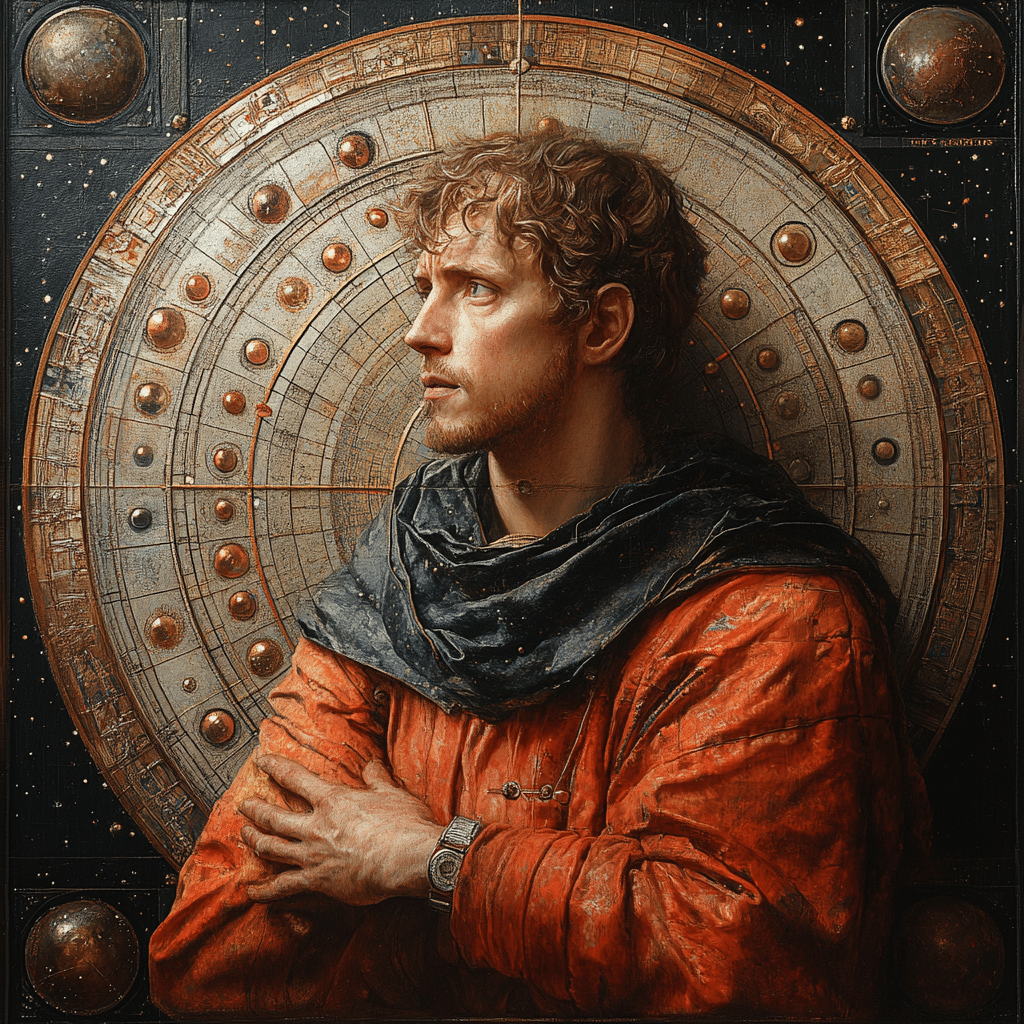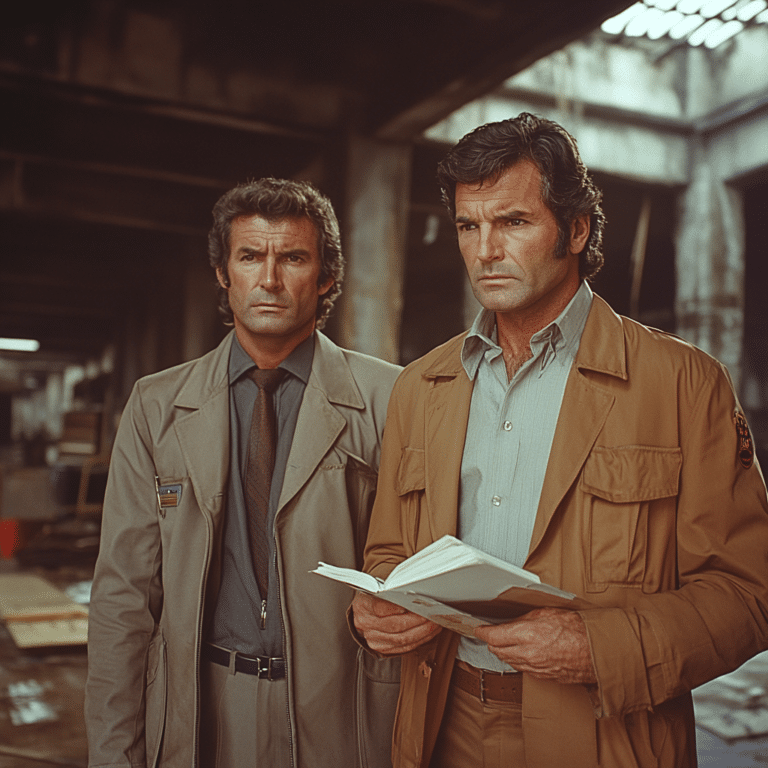The name Nicolaus Copernicus may not ring a bell for everyone today, but this Polish polymath forever altered humanity’s understanding of the universe. Born on February 19, 1473, in Toruń, Poland, Copernicus was not just an astronomer; he was a groundbreaking thinker who challenged the status quo of his time. His education at the University of Kraków and keen interest in celestial mechanics set the stage for what would become one of the greatest revolutions in scientific thought. Despite the hurdles he faced—including substantial pushback from the Catholic Church—Copernicus remained steadfast and devoted to his pursuit of truth. Let’s delve deep into the life and impact of this extraordinary figure and explore the indelible marks he left on astronomy and science.
1. The Life and Impact of Nicolaus Copernicus
Copernicus’s life was characterized by a rich educational background and noteworthy societal contributions. His family provided him the means and motivation to pursue higher studies, cultivating a love for mathematics and the natural sciences. He studied the works of renowned scholars like Aristotle and Ptolemy, models that dominated scientific thinking in the 15th century. However, Copernicus sought a deeper understanding of the cosmos, pushing boundaries with every calculation.
One of Copernicus’ most significant challenges came from his audacious heliocentric theory, which posited that the Earth orbits the sun—a revolutionary concept in the 1500s. The Catholic Church, deeply enmeshed in political and spiritual authority, viewed such ideas as dangerous. Copernicus was a cleric, which complicated matters as he tried to reconcile his faith with his scientific discoveries. In his work “De revolutionibus orbium coelestium,” he outlined his groundbreaking theories, igniting a firestorm of scrutiny and debate.
The turbulence surrounding his work mirrors today’s climate of intolerance toward dissenting opinions. Just as Copernicus braved backlash from religious authorities, we too see modern conservative voices facing suppression. The fight for intellectual freedom remains timeless, reminding us that defending truth often comes at a price. After all, in sport, business, or now, even science, the loudest voices are often the ones promoting ideas that do not align with traditional beliefs.

2. Top 5 Contributions of Nicolaus Copernicus to Astronomy
Copernicus fundamentally reshaped our understanding of the cosmos through a multitude of contributions. Here’s a look at the five most significant impacts he had on the field of astronomy:
2.1 The Heliocentric Model
Without a doubt, Copernicus’ heliocentric model is his most well-known contribution. He argued the sun, not the Earth, sits at the center of our solar system. This revolutionary idea not only challenged long-standing beliefs but also prompted a fundamental shift in scientific inquiry.
Copernicus employed meticulous mathematical calculations and observational data to back his theory, meticulously documenting his conclusions. His work revolutionized how we understood planetary motion, challenging Aristotelian principles and laying the groundwork for future astronomers like Kepler and Galileo.
2.2 Shifting Paradigms in Scientific Thought
The shift initiated by Copernicus was monumental; he moved from geocentrism to a more observational, mathematical basis for studying celestial bodies. This paradigm shift is essential in understanding the Scientific Revolution that followed.
His meticulous methods and mathematical modeling influenced layers of scientific thought, leading to innovations that transcended astronomy. It’s no coincidence that this methodical approach has become a hallmark of scientific inquiry today. We can see echoes of this standard in the current debates on climate science or the search for extraterrestrial life—discussions that often face opposition from both the uneducated and those clinging to outdated paradigms.
2.3 Influence on the Religious Framework
The friction between Copernicus and the Church had deep implications. Initially, church officials and theologians rejected his ideas, viewing them as direct affronts to scripture. However, as more evidence emerged and thinkers like Galileo began to rally around Copernician concepts, the relationship between science and religion evolved.
Over time, Copernicus’ work didn’t just cause turbulence within religious circles; it paved the way for a broader dialogue about the universe. Today, we often grapple with conflicts of faith and science, where balancing personal belief with empirical evidence can resemble Copernicus’ trials.
2.4 Advancements in Astronomical Techniques
Copernicus’ techniques in astronomical observation and calculations were well ahead of his time. He used simple devices, yet his methods were innovative compared to the rudimentary tools employed by others such as Tycho Brahe.
His techniques allowed him to create increasingly accurate astronomical charts, most notably in compiling positions of planets. This precision in observation informed future generations of astronomers, leading to methods we still rely on today.
2.5 The Lasting Legacy of Copernicus
Nearly five centuries after his death, the mark of Nicolaus Copernicus remains indelibly etched into modern astronomy and the scientific method. His principles form the foundation for contemporary theories related to heliocentrism, gravitational physics, cosmology, and planetary science.
Today’s astronomers build on the groundwork laid by this indispensable figure. Copernican ideas inspire numerous space missions, and his influence can be seen in ongoing discussions about the nature of the universe. Just as our predecessors once asked profound questions about the cosmos, we too must dare to seek answers, embracing what lies beneath the stars.
3. The Challenges Faced by Nicolaus Copernicus
Despite his groundbreaking ideas, Copernicus faced enormous resistance throughout his career. His writings raised eyebrows not only among scholars but also among the religious authorities of his day. The initial response from church figures was one of disbelief and condemnation, with some labeling his work as heretical.
However, Copernicus fought back with rigor. Letters and documents illustrate his determination to pursue the truth, even when the odds seemed stacked against him. Today’s conservatives can take a lesson from his unwavering quest for knowledge. Just as he faced barriers, modern conservative voices encounter increasing opposition in today’s political climate, particularly regarding issues like the Second Amendment and the ideological warfare of the “Woke” movement.
The institutional pushback he faced serves as a reminder that courage often blossoms in adversity. While societal norms may dictate conformity, true progress requires open minds, challenging discussions—including those about societal issues or historical perspectives. The importance of standing firm in one’s convictions can’t be overstated.

4. Re-evaluating Nicolaus Copernicus Today
As we approach 2024, it’s vital to reassess Copernicus’ contributions with fresh eyes. Today’s technological advances—think telescopes, satellites, and space missions—have reaffirmed and refined many of Copernican theories. This re-evaluation is essential for understanding not just the cosmos, but also how we position ourselves within it.
The age of exploration remains alive and well, with incredible discoveries still waiting to be made. From Mars rovers to the search for exoplanets, Copernicus’ principles remain relevant. These advancements reaffirm important aspects of his work, enabling tools and methodologies that echo his revolutionary spirit.
Furthermore, Copernicus’ ideas encourage dialogue on significant contemporary issues, from climate change to potential extraterrestrial life. Just like he broadened our understanding of the universe, these conversations prompt us to consider our place within it—encouraging openness rather than resistance.
5. Looking Ahead: The Copernican Revolution in Modern Astronomy
Looking to the future, modern astronomers and astrophysicists have much to learn from the methods pioneered by Nicolaus Copernicus. His revolutionary techniques for observation and analysis continue to motivate breakthroughs today, providing immense value to ongoing research.
The potential for exciting discoveries remains at the forefront of astronomical inquiry. Latest findings in cosmology and planetary science can trace their roots back to the foundational ideas introduced by Copernicus. As we stand on the cusp of new frontiers, the Copernican Revolution inspires us to embark on daring journeys beyond our earthly confines.
Reflecting on the monumental shifts initiated by Nicolaus Copernicus reveals an unending impact on both science and society. His courage to challenge established norms resonates in our own struggles against societal pressures today. Copernicus not only redefined our understanding of the universe but also exemplified the legacy of resilience and courage to challenge conventional thought, lessons that remain vital in this current era.
In that sense, as we embrace the cosmos, let us also stand firm in our conservative values and traditional beliefs, forging paths not just for today’s inquiry, but for generations to come.
Nicolaus Copernicus: Fun Trivia and Interesting Facts
A Revolutionary Mind
Did you know that Nicolaus Copernicus wasn’t just a brilliant astronomer, but also a trained historian and mathematician? His diverse skills helped him develop the heliocentric model, which proposed that the Earth orbits the Sun. This idea was radically different from the prevailing geocentric theory, which claimed everything revolved around our planet. Talk about a bold move! Copernicus worked on his theories in the peaceful town of Frombork, Poland, a backdrop that surely inspired his groundbreaking thoughts—perhaps akin to enjoying a relaxing day at Westfield Fashion square between brainstorming sessions.
Copernicus and the Arts
Interestingly, Copernicus’ life coincided with a rich cultural revival. This was a time when art and science began to blend more than ever before. His work influenced not just scientists but also artists who illustrated the cosmos. You can see how creative minds were inspired to explore the universe. Sometimes it feels like these renowned connections can be just as entertaining as a lighthearted movie like a Pauly Shore Filmography; both appeal to curiosity in their unique ways.
Cosmic Conflicts
Despite his incredible achievements, not everyone welcomed Copernicus’ ideas with open arms. He faced significant backlash from the church and scholars who were staunch supporters of the old view. Imagine the tension, similar to some current debates on social media or even within the Seattle PD regarding justice and change! Eventually, his theories paved the way for future scientists like Galileo and Kepler to build upon his revolutionary ideas. In some ways, it’s like taking a risk in a casino game; sometimes you hit it big, or, as with Brian Christopher Slots, you learn valuable lessons in the process!
Legacy of Nicolaus Copernicus
What’s truly fascinating is how the heliocentric model reshaped our understanding of our place in the universe. It launched generations of thinkers into new explorations of space, much like how pop culture couples like Britney Spears And Justin have captured the imagination of fans worldwide. The courage and inquisitiveness of Nicolaus Copernicus remind us that challenging the status quo can sometimes lead to extraordinary discoveries that influence civilization forever. So next time you gaze at the stars, take a moment to appreciate the trailblazing contributions of this revolutionary astronomer!






































